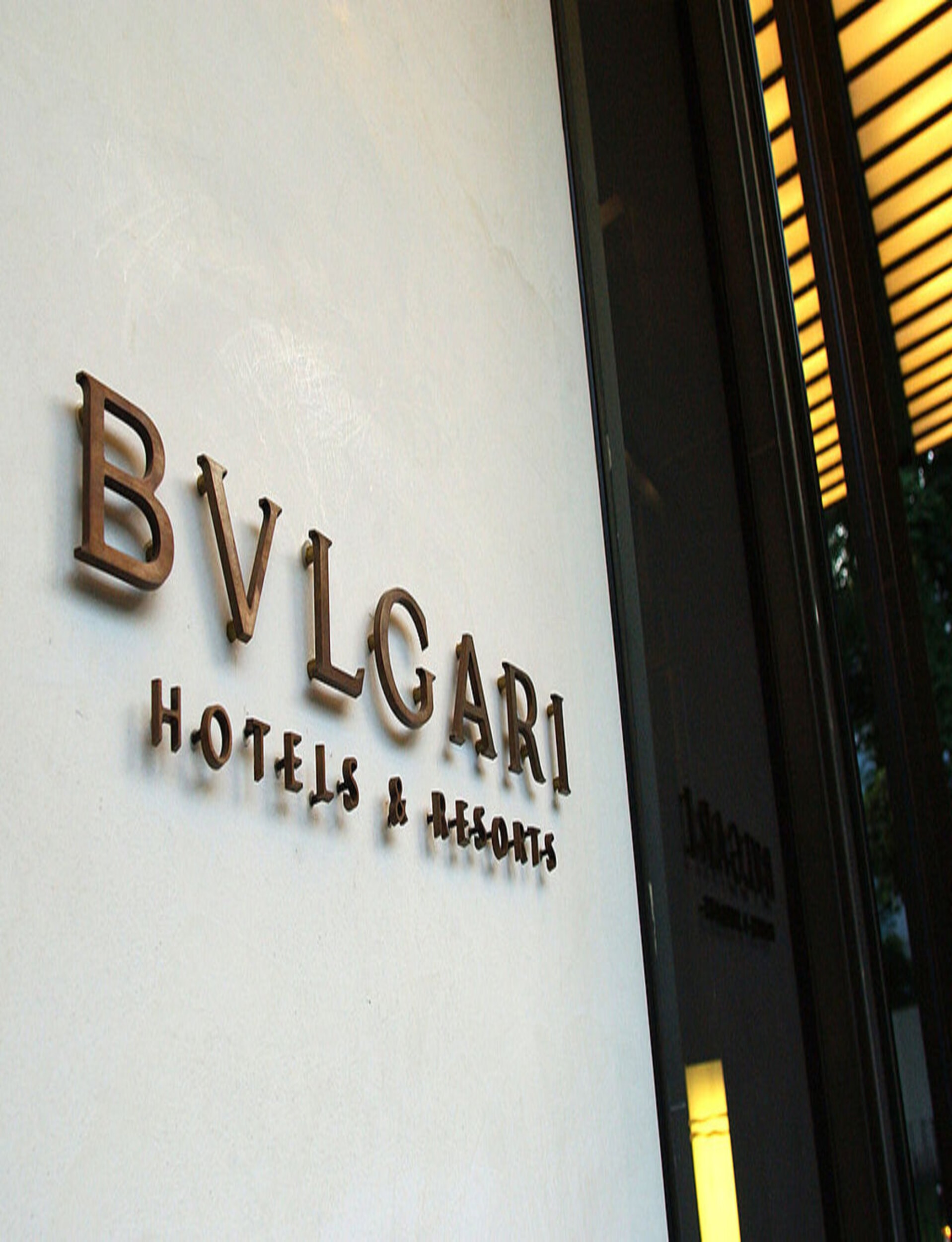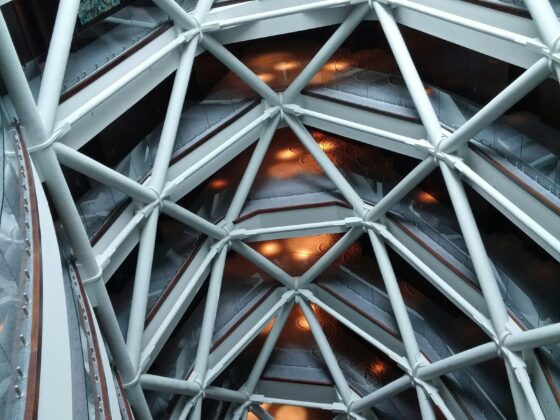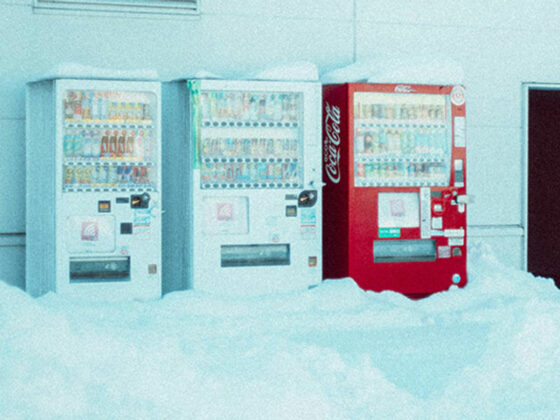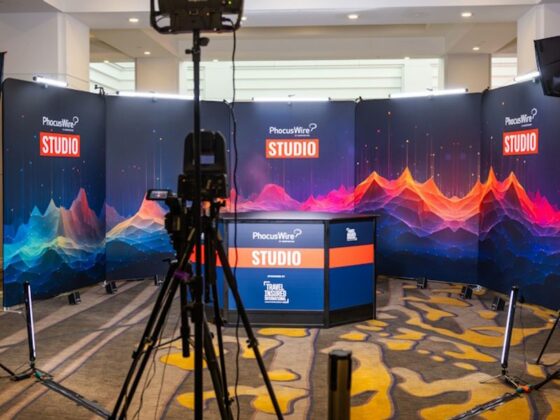
Top 10 iconic luxury designer hospitality brands
Luxury hospitality businesses include five-star hotels, exclusive luxury resorts, boutique hotels and high-end spas. These businesses provide premium services, such as fine dining, personalized concierge and bespoke experiences, catering to an affluent clientele seeking exceptional comfort, elegance and service.
However, certain luxury brands stand out for their iconic status and commitment to excellence. Let’s look at 10 iconic luxury designer hospitality brands renowned for providing the finest accommodation and services.
1. Bulgari Hotels and Resorts
Known for its jewelry heritage, this brand of luxury hotels exudes opulence. Each property is distinguished by a blend of contemporary design and luxurious Italian style, offering an intimate atmosphere with unparalleled service.
2. Armani Hotels & Resorts
Reflecting the elegance of Giorgio Armani’s fashion, these hotels showcase minimalist design and sophisticated aesthetics. Renowned for sleek interiors and exclusive amenities, Armani Hotels provides a refined and stylish experience.
3. Versace Palazzo
Pure Italian luxury, Versace Palazzo hotels feature bold, extravagant designs inspired by the fashion house’s iconic patterns and motifs. The properties are known for their grand decor, exceptional dining and exclusive ambiance.
4. Ritz-Carlton
This brand represents timeless luxury and impeccable service. Famed for its elegant properties, Ritz-Carlton combines classic sophistication with modern comforts, creating an unforgettable stay for guests worldwide.
5. St. Regis
Synonymous with bespoke service and historical charm, St Regis hotels combine modern luxury with a unique sense of place, often featuring classic architecture and exquisite interiors.
6. Four Seasons
Known for its consistent quality and personalized service, these high-end hotels offer a blend of luxurious accommodation, exceptional amenities and elegant designs tailored to their locations.
7. Mandarin Oriental
Celebrated for Asian-inspired design and exceptional hospitality, Mandarin Oriental hotels combine contemporary luxury with cultural authenticity, providing a tranquil and refined experience.
8. W Hotels
With a focus on contemporary design and vibrant energy, these luxury hotels offer a modern, stylish experience. Known for chic decor and lively social spaces, W Hotels appeal to trendy, upscale, luxury travelers.
9. Aman Resorts
Renowned for serene and minimalist design, Aman Resorts provides a secluded and intimate atmosphere. Its properties are known by their exclusive locations and exceptional attention to detail.
10.Rosewood Hotels & Resorts
With unique and luxurious properties, Rosewood Hotels & Resorts reflect local culture and history. Each hotel offers refined elegance, personalized service and a sense of place, making every stay distinctive and memorable.
What is it like to work for a luxury hospitality brand?
Being employed by a high-end hospitality company can be professionally and personally fulfilling, offering a unique and rewarding experience with many opportunities. Some of the benefits of working for a luxury hospitality brand include:
- High standards: employees work in an environment where excellence and attention to detail are paramount, with a keen eye for quality and an appreciation for luxury service
- Extensive training: team members receive comprehensive coaching covering technical skills, luxury service principles, guest relations and sophisticated operational procedures
- Career advancement: the prestige associated with luxury hospitality brands opens doors to senior roles with the company or elsewhere in the industry, providing opportunities for professional growth
- Perks and benefits: employees often enjoy discounted stays at other properties within the brand, access to exclusive events and superior working conditions
- Attractive work environment: whether in bustling urban locations or serene resorts, employees are surrounded by opulent and well-maintained settings, giving them a sense of pride and satisfaction in their work
- Sophisticated clientele: interacting with affluent and appreciative customers adds depth and interest to the work experience, strengthening professional and personal growth
- Collaborative culture: a commitment to excellence creates a supportive and motivating workplace atmosphere, promoting camaraderie among colleagues and teamwork
What skills do you need to work in luxury hospitality?
A career in this high-end sector requires a unique blend of attributes and experiences to deliver complete guest satisfaction. Some of the key attributes valued in luxury hospitality are:
- Attention to detail: in luxury hospitality, the smallest details can make a huge difference. Professionals must have an acute eye for detail to ensure every aspect of the guest experience is flawlessly executed, from room decor to personalized service
- Excellent communication: exceptional interpersonal skills are essential for building rapport with discerning guests and collaborating seamlessly with colleagues across various departments. Clear and articulate communication improves guest interactions and creates a positive atmosphere
- Cultural awareness: understanding and appreciating different cultures is paramount in luxury hospitality, where guests hail from around the globe. Professionals should possess cultural sensitivity to anticipate and accommodate guests’ customs, preferences and needs
- Problem-solving aptitude: unexpected challenges can arise in hospitality, requiring quick thinking and resourcefulness. Employees must demonstrate good problem-solving skills to address issues swiftly while maintaining the highest level of service
- Creativity and innovation: if you want to stand out in the competitive luxury hospitality market, it helps to be creative. Be prepared to think outside the box to create unique experiences and offerings that surpass guests’ expectations and differentiate the brand
- Leadership and teamwork: strong management skills are important for guiding teams to deliver exceptional service. Collaboration and teamwork also encourage a harmonious work environment and deliver seamless guest experiences
- Adaptability: the luxury hospitality industry is ever-evolving, requiring professionals to adapt quickly to changing trends, guest preferences, marketing strategies and industry standards. Flexibility and adaptability are critical for staying ahead in this exciting sector
A degree in hospitality or a related field will allow you to refine these skills while offering valuable opportunities to gain practical industry experience.








